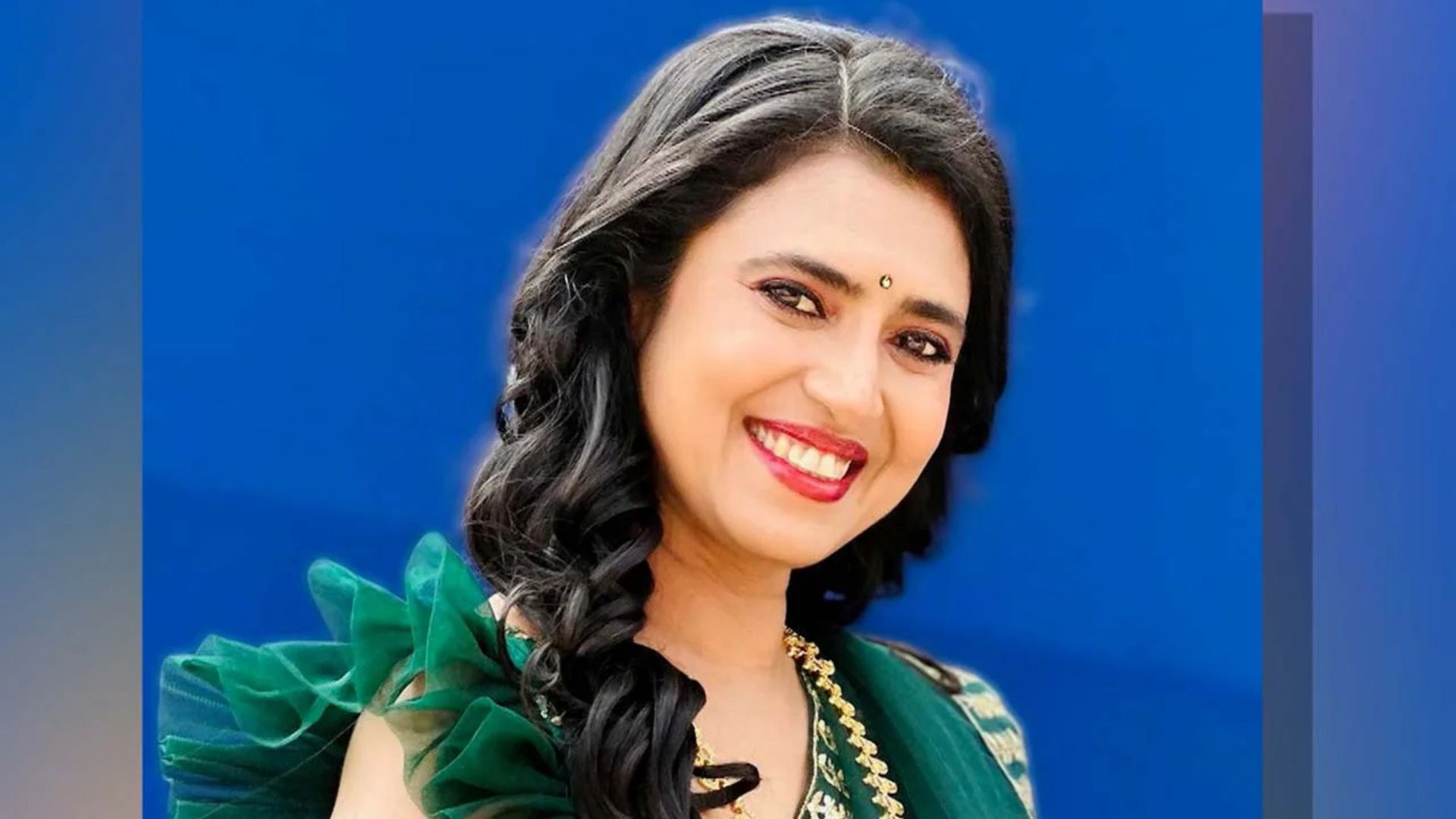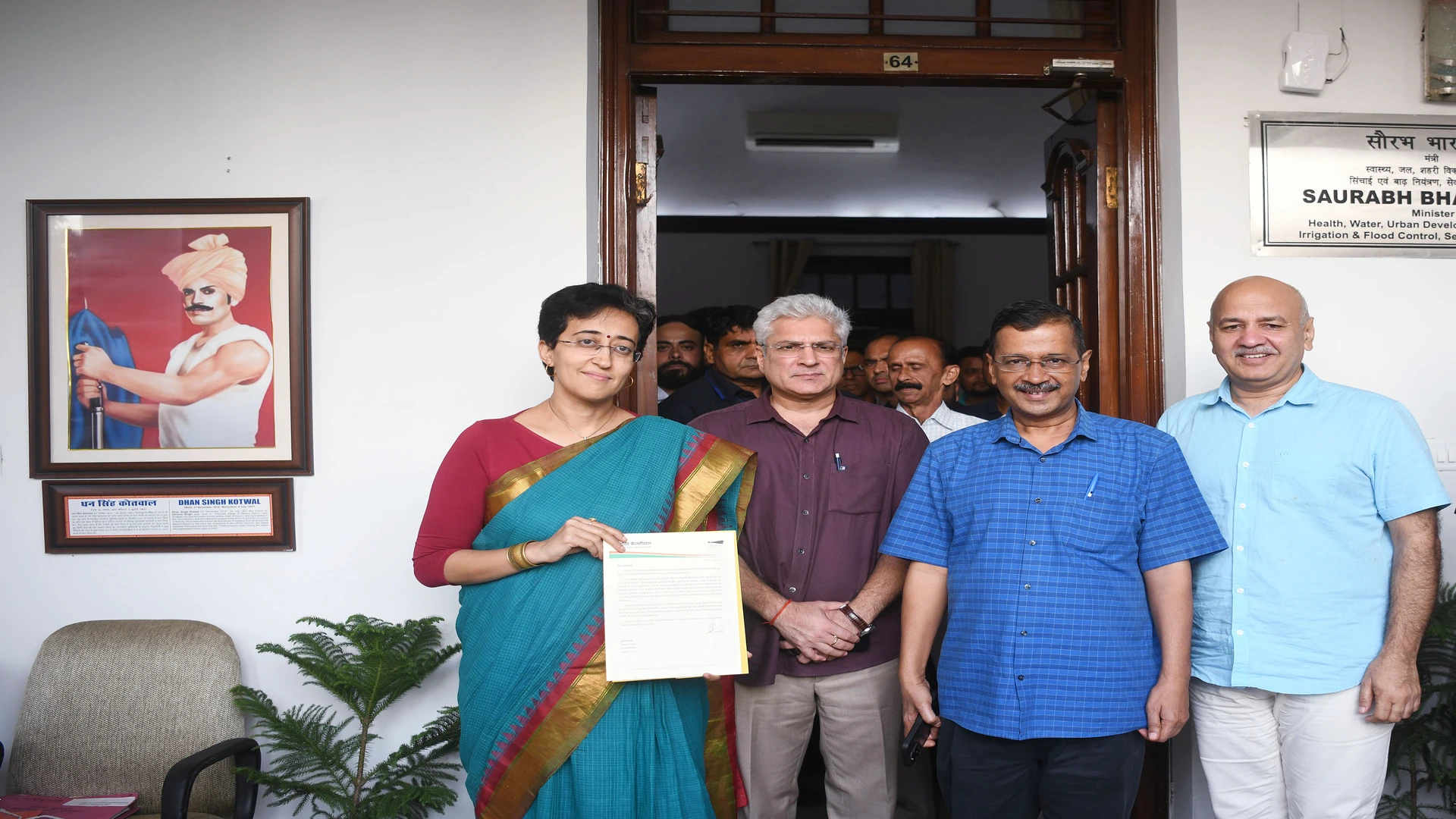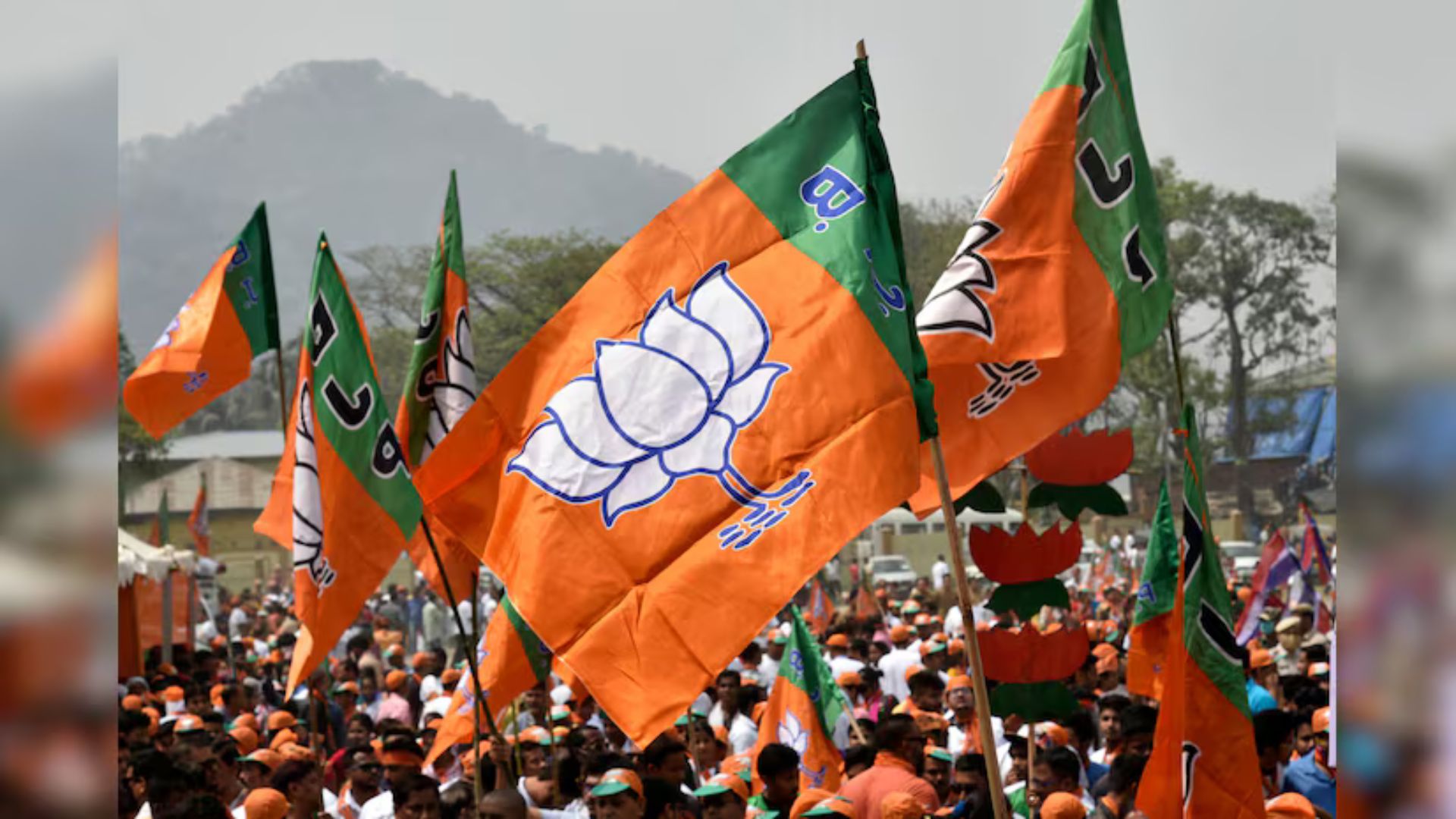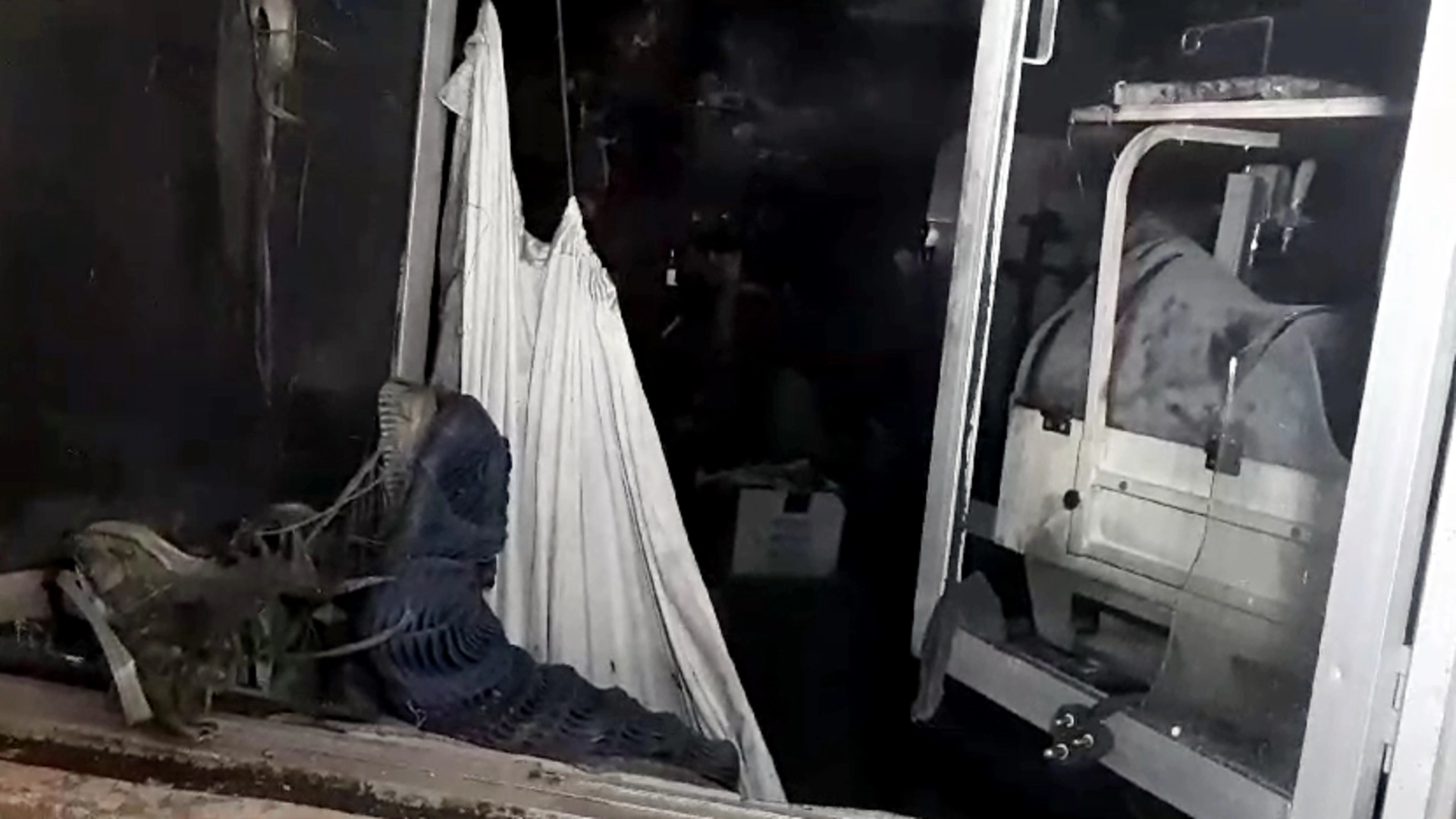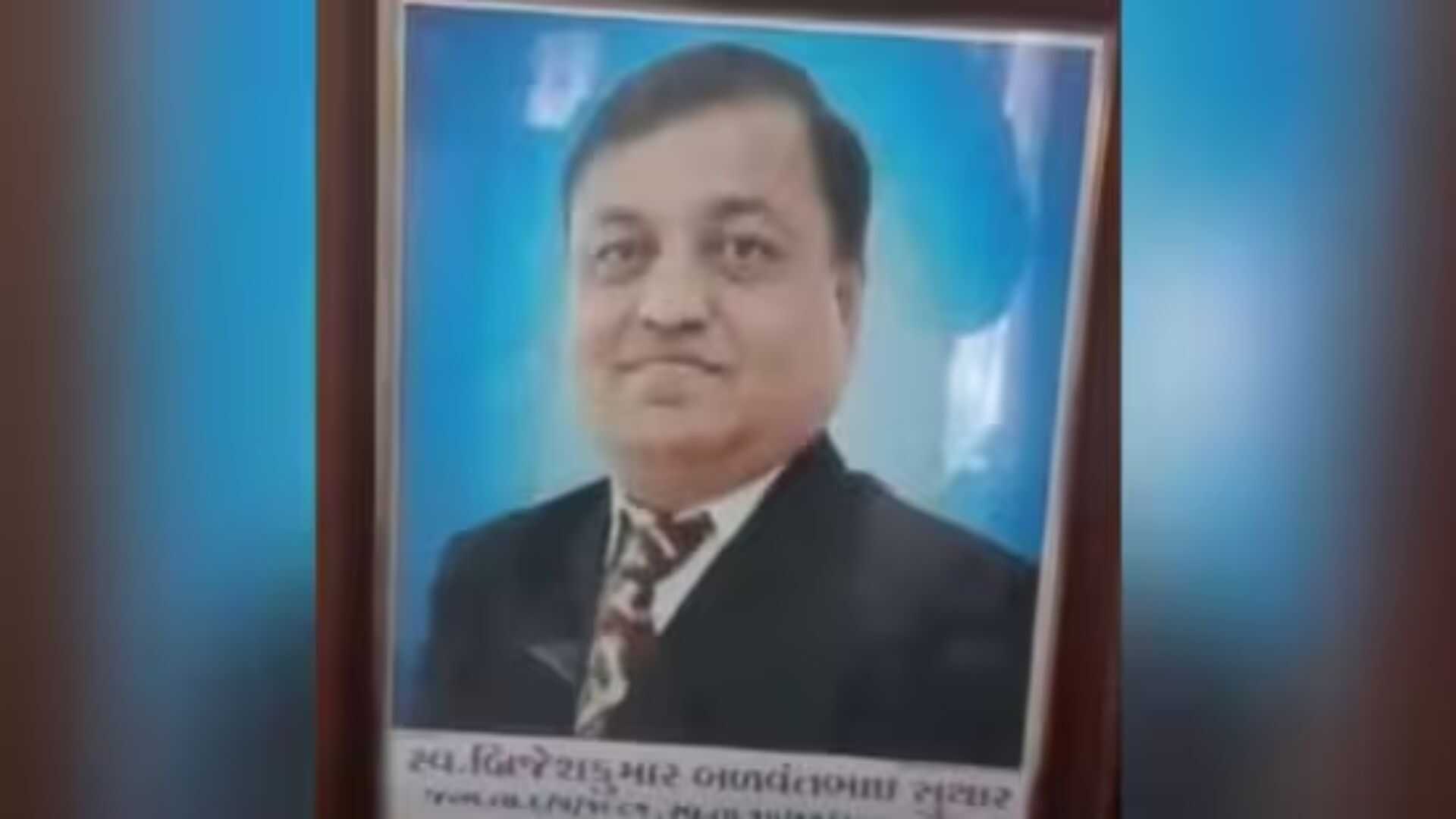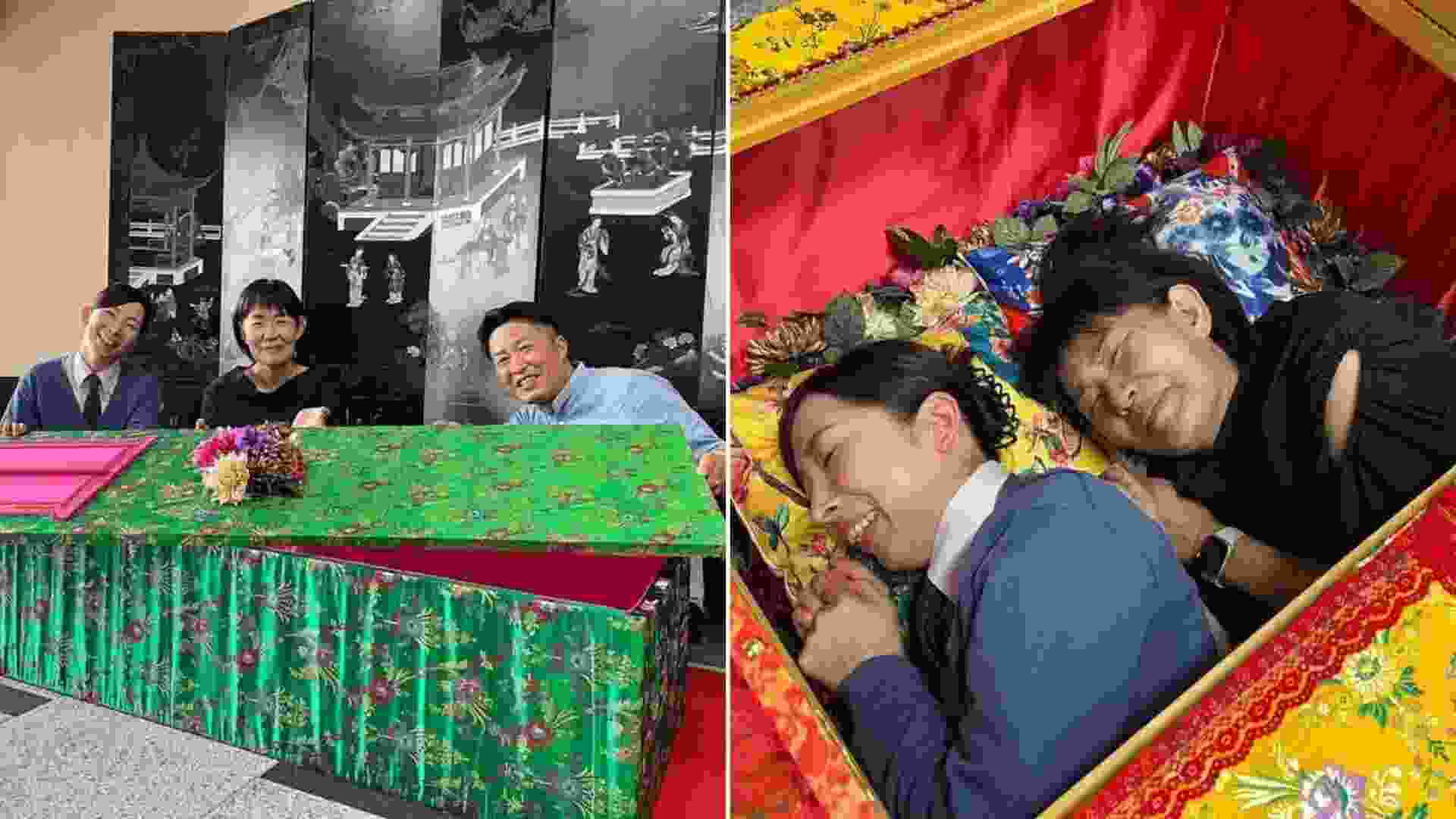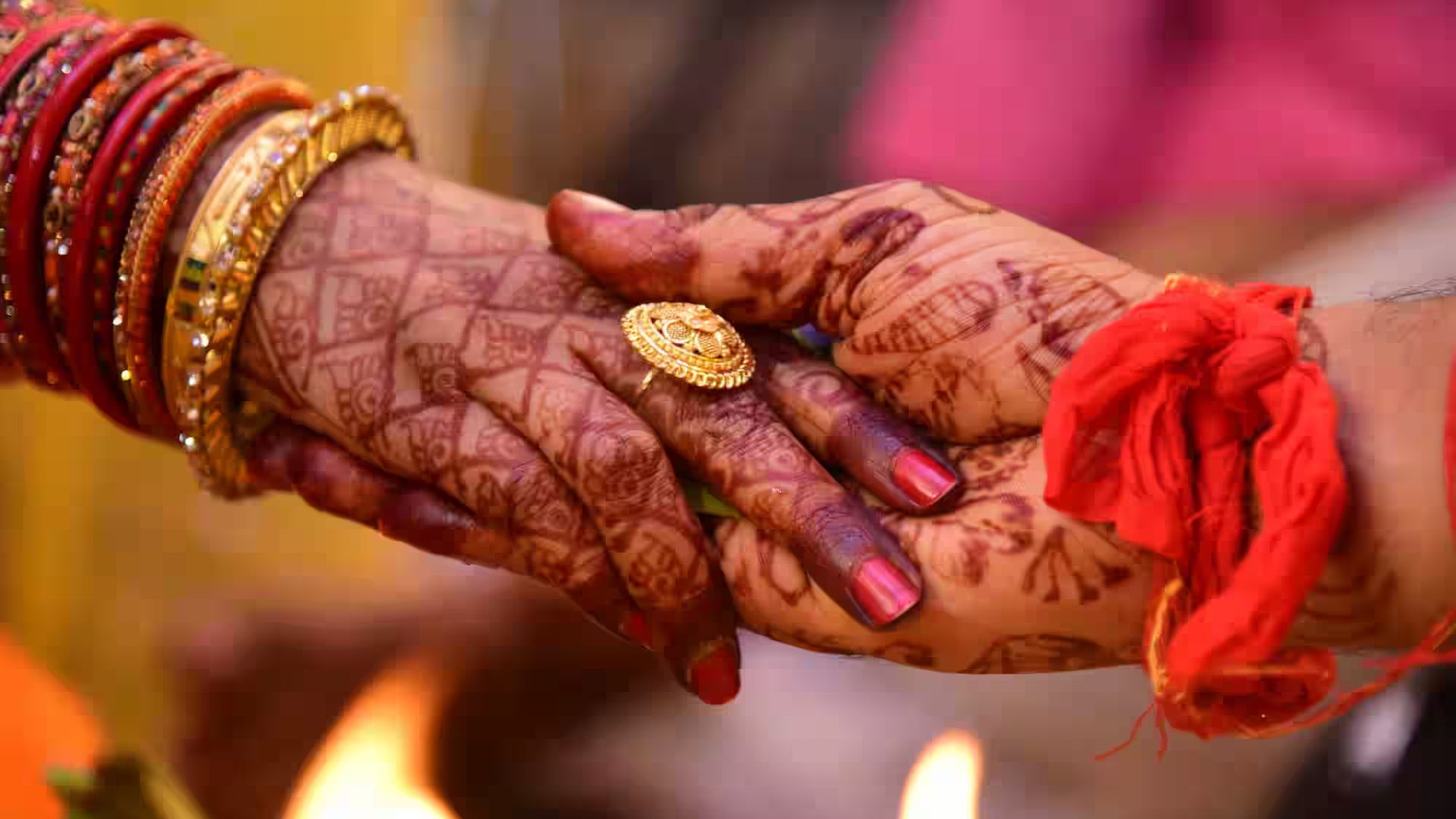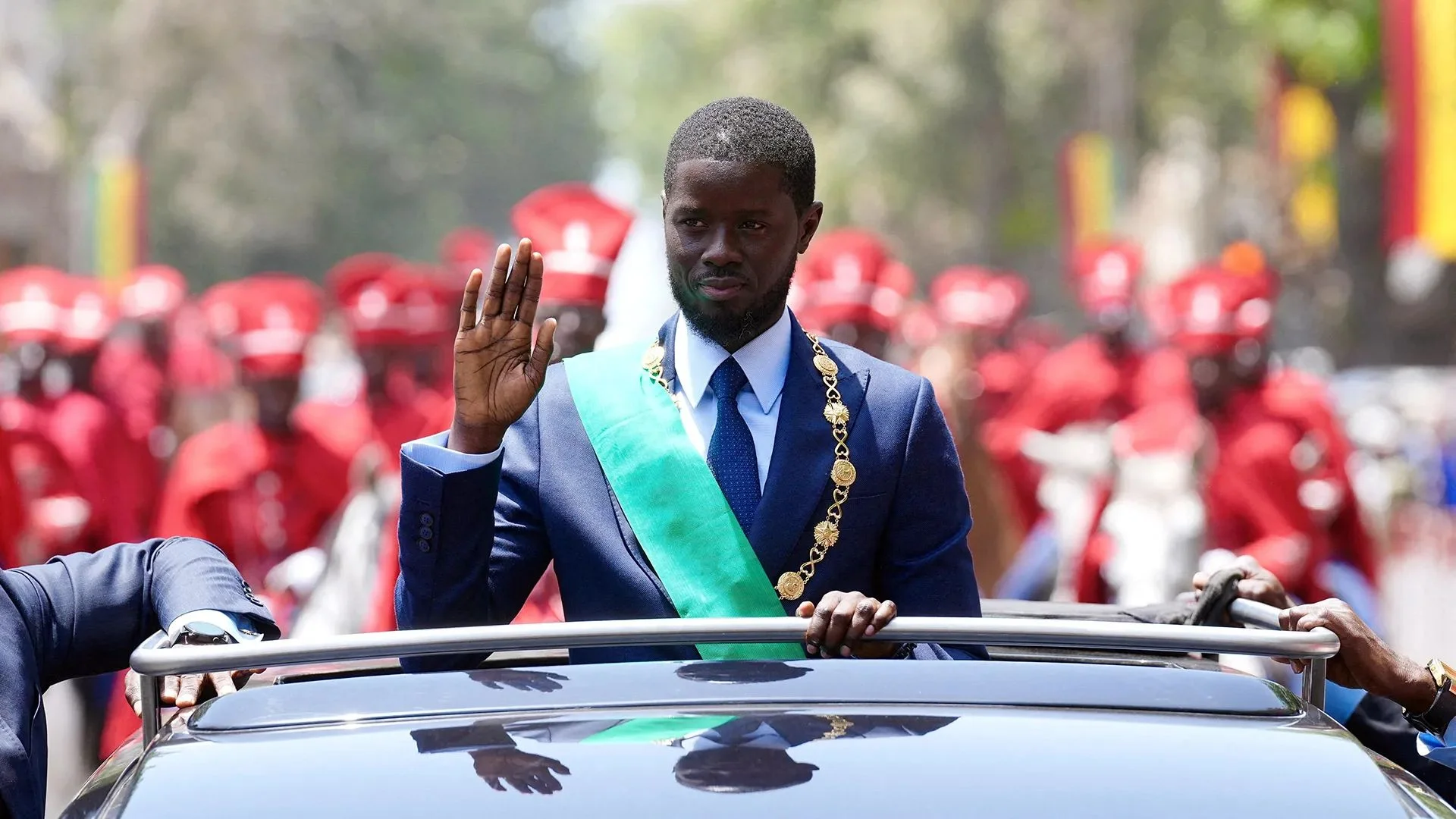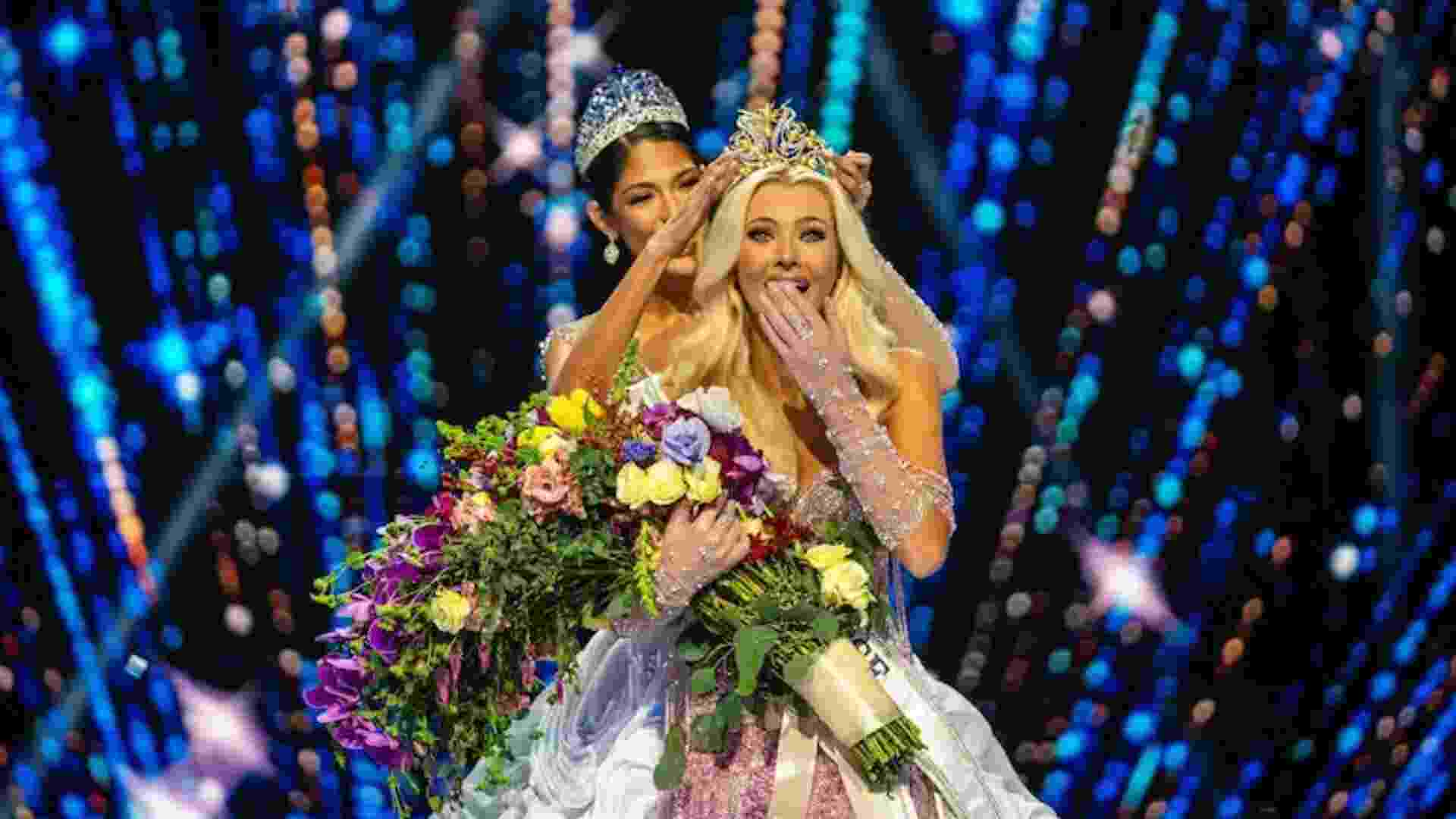
The Supreme Court on Wednesday observed that there is no comparison between rudraksh and cross with Hijab as they are different since they are worn inside the shirt and not visible to others.
Justice Hemant Gupta’s remark came when Senior Advocate Devadatt Kamat tried to refer to the wearing of religious identities like rudraksha, cross by students. Justice Gupta said rudraksh and cross are different as they are worn inside the shirt and not visible to others.
A Bench of Justices Hemant Gupta and Sudhanshu Dhulia, which is hearing various petitions challenging the Karnataka HC judgement upholding ban in educational institutes, on Monday said that there is no similarities between pagdi and chunari with Hijab.
Senior Advocate Kamat submitted that the question about reasonable accommodation is not about whether it is visible or not. Kamat also referred to positive and negative secularism and said that Secularism in India is not the concept of negative secularism as followed in France or Turkey, where the display of religion in public is offensive.Kamat said that the Government is resurrecting a provision proposed in the Constituent Assembly Debates which sought to prohibit the display of religion in public.
Justice Gupta remarked that secularism was not there in the original constitution. The court said that even in the absence of the word, we were secular. Secularism and socialism as words were added in the Constitution as political statements later, the court remarked.
Senior Advocate Devadatt Kamat, appearing for one of the petitioners, said before the Supreme Court that he is not challenging the prescription of uniform and SC observation were right on can anybody turn up in jeans and he respectfully bows down. He said that the petitioner is challenging the state saying that it will not allow students to wear Hijab despite wearing uniform. Kamat said it is a case of headscarves it is not a burqa or jilbab as they are different.
Senior Advocate Kamat pointed to a lady lawyer present in the courtroom and wearing a hijab and said that she is wearing a headscarf of the colour of the uniform. Kamat said does the headscarf of the same uniform colour offend anyone or cause any indiscipline
Senior Advocate Kamat referred to a circular of Kendriya Vidyalayas, which allows Hijab with matching colour of the uniform.Senior Advocate Kamat referred to a judgement delivered by the South African Court which permits a Hindu girl to wear a nose ring in school as part of her cultural belief. Judge Gupta said that as far as he knows nose ring is not a part of religious practice. Kamat replied nose ring may not be religiously central but was part of the girl’s identity and referred to some religious significance of the nose ring.
During the hearing, Justice Gupta said that there is no other country as diverse as like our countries and all other countries have a uniform law for their citizens.
Kamat referred to US Supreme Court on Hijab and Canadian court on Kada for SikhsJustice Gupta said “How do we compare the US, and Canada to our country? We are very conservative…” Justice Gupta also said when these courts pass judgment it is dependent on their social and cultural context.
Kamat cited the 2014 NALSA judgment of the Supreme Court and said that to right to dress is recognised as a fundamental right under Article 19(1)(a). The court remarked that it cannot take this to illogical ends and said, “if you say right to dress is a fundamental right then right to undress also becomes a fundamental right.”
This was after Kamat cited the 2014 NALSA judgment of the Supreme Court to contend that right to dress is recognised as a fundamental right under Article 19(1)(a).As the hearing remained inconclusive, the court will continue hearing the matter tomorrow.
